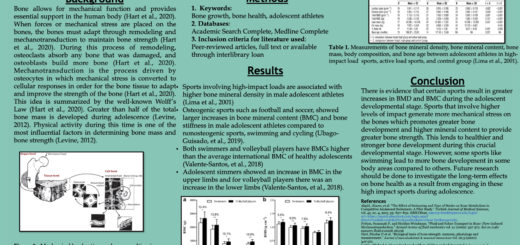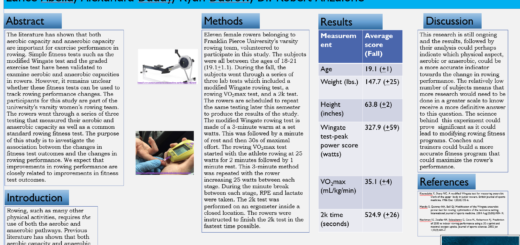Psychosocial gender gap kicks off Academic Showcase
by Austin Varney
To kick off the Academic Showcase this year, senior Jurnee Dunn took a look at The Psychosocial Gender Gap.
Jurnee first explained that the Psychosocial Gender Gap is a phenomenon that understands the difference between male and female neurodiversity, and what factors of neurological development determine how we perceive mental illness in our society. The main goal of the research done by Jurnee was to figure out why there are such staggering differences in diagnosis rates between males and females.
“I dropped in on some of the presentations for business minds club on Tuesday, and really learned a lot from Jurnees presentation. I had no idea that the sheer sex of someone could lead to such complications when dealing with mental illness,” Said Coleman Lydon, VP of business minds, via an in person interview.
Jurnee argues that biological sex of a person plays a significant part of a persons brain neurologically. Also that being perceived a certain way at birth can change your development as you grow older. “By taking gender differences into consideration, we can really improve the effectiveness of treatment and life skills which is really what we are focusing on here,” said Dunn.
“I absolutely think modern medicine needs to be more thorough. Psychiatrist disorders are just as important and life affecting as physical ones. Just as researchers don’t stop searching for different warning signs or symptoms of something like cancer or other diseases, we should not stop researching psychiatric symptoms and warning signs either. It’s our responsibility to make sure we have as much information compiled as possible to make a fast accurate diagnosis so those affected can have a better life outcome,” said Dunn about modern medicine being more thorough in their handling and diagnosis of disorders via an email interview.

Senior Jurnee Dunn Presents “The Psychosocial Gender Gap” (Photo: Austin Varney)
Dunn also argued that when it comes to issues like anxiety or depressive disorders, women are more susceptible to being diagnosed because of their emotional changes, and men are harder to diagnose due to their less noticeable changes in the physical body.


